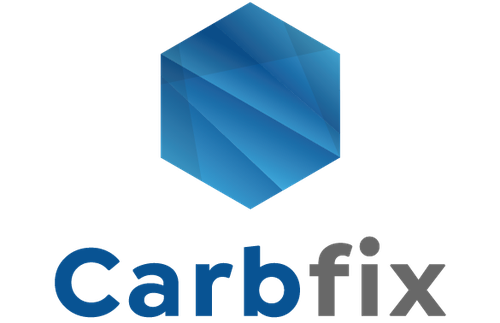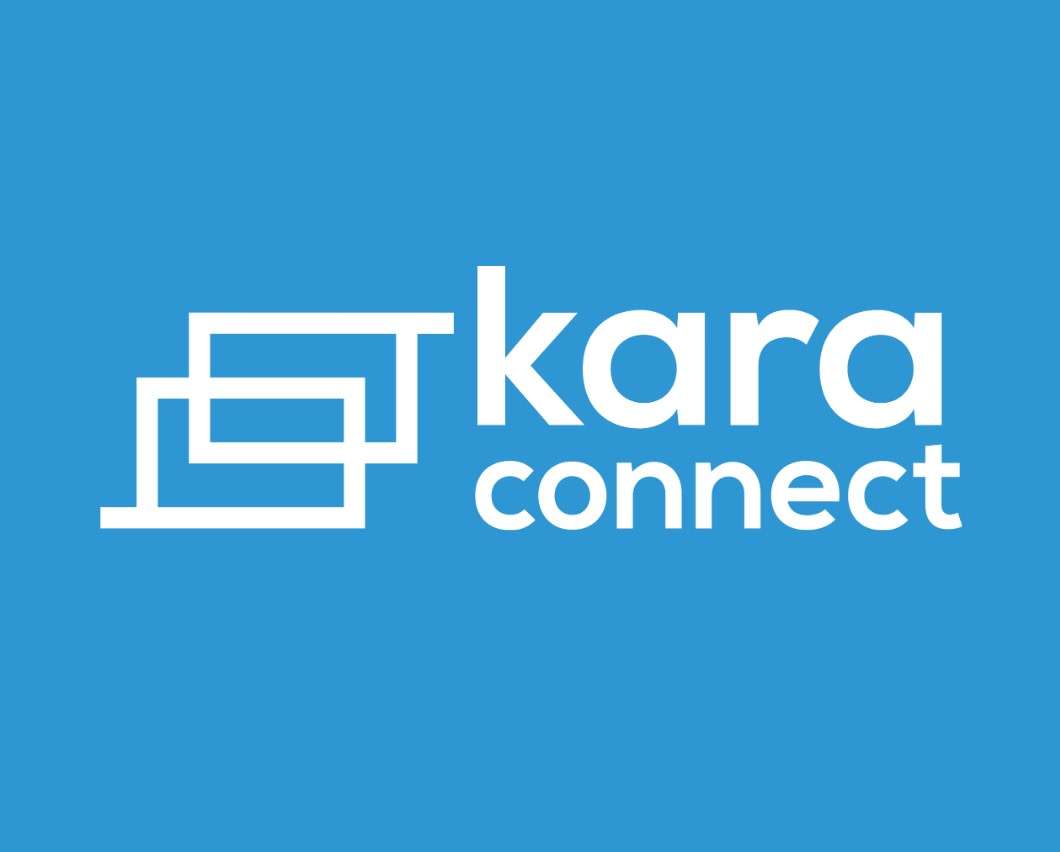The Icelandic startup scene is booming, with innovators tackling everything from environmental challenges to the future of entertainment.
Here are ten Icelandic startups that are making waves and are worth keeping an eye on in 2024.
1. Carbfix: Transforming CO2 into Stone

Carbfix started out as a project back in 2006 and was formalised by four founding partners in 2007; Reykjavík Energy, the University of Iceland, CNRS in Toulouse, and the Earth Institute at Columbia University.
Carbfix is the world’s first CO2 mineral storage operator. Since 2012, Carbfix has mineralised over 100 thousand tons of CO2 in Iceland using proprietary technology. This proven, safe, permanent, and cost-effective carbon storage solution is ripe for significant upscaling both in Iceland and worldwide. Carbfix’s largest current project is Coda Terminal, recipient of a EUR 115M grant from the EU’s Innovation Fund, with an expected capacity to mineralise 3 million tons of CO2 annually.
2. Lucinity: AI-Powered Anti-Money Laundering

Founded in 2018 by Gudmundur Kristjansson, Lucinity is an Icelandic startup revolutionsing the fight against financial crime. Using cutting-edge AI and cloud technology, Lucinity provides sophisticated anti-money laundering software to financial institutions.
Their platform enhances detection and prevention capabilities, making it easier for banks and financial bodies to identify and act on suspicious activities. Lucinity’s Human AI technology combines artificial intelligence with human intuition, significantly increasing the efficiency and effectiveness of AML programmes, marking a new era in the battle against financial crimes.
3. Cool Wool: Eco-Friendly Cooling Packaging for Fresh Fish

Cool Wool, an inventive startup founded by Anna María Pétursdóttir, is pioneering sustainable packaging solutions in the seafood industry. Leveraging her extensive experience in the fishing and farming industries, Anna María saw an opportunity to utilise rejected material for eco-friendly purposes.
Cool Wool develops innovative cooling boxes for transporting fresh fish, designed to be environmentally friendly and efficient. These cooling packages represent a significant advancement in the seafood supply chain, offering a sustainable alternative to traditional packaging methods. By focusing on eco-consciousness and practicality, Cool Wool is making a notable impact in the seafood industry, balancing environmental responsibility with industry needs.
4. Smitten: Reinventing Online Dating

Smitten, established in 2018 by Asgeir Vísir and David Simonarson, is a fresh take on online dating, designed especially for Gen Z. The app stands out with its interactive, game-like approach to dating, integrating fun elements like their unique Guessary game. This engaging format eases the awkwardness of initial conversations, making online dating a more enjoyable, less intimidating experience.
Smitten is quickly gaining popularity, offering a novel, playful platform that changes the dynamics of digital dating, making it more accessible and entertaining for a new generation of users.
5. Heklusýn: Streamlining Rental Property Management

Heklusýn, an Icelandic startup, is revolutionising the rental property management and real estate agency service industry. Established with the mission to secure and simplify the rental market, Heklusýn provides an innovative platform for both landlords and tenants. Landlords can efficiently manage multiple properties, track data, facilitate lease agreements, and streamline communications.
For tenants, the platform offers a user-friendly interface to find suitable properties and maintain clear communication with landlords. By enhancing transparency and ease in the rental process, Heklusýn is setting a new standard in property management, making it a hassle-free experience for all parties involved.
More from News
- What Is Google’s AlphaGenome And Why Does It Matter For AI?
- What Are UK Innovator Passports And Who Uses Them?
- Experts Share: Are There Other Global Initiatives Similar To Trump’s “Gold Card” Visa?
- How Are The UK And The Ocean Linked To Threat Detection?
- Driverless Vehicles: Why Is Tesla Under Investigation?
- Professional AI Use: Is There A Double Standard In Who Uses It?
- Experts Share: How Can The UK Maintain Its Position As A Top Tech Hub Globally?
- Amazon’s Same-Day And Next-Day Delivery Now In 4000 More Areas
6. Kara Connect: Telehealth Advancements
Kara Connect, established in 2014 by Thorbjorg Helga Vigfusdottir (now the company’s CEO), is an innovative telehealth platform transforming the accessibility of healthcare services. It seamlessly connects therapists, healthcare specialists, and educators with patients and clients through a secure, GDPR-compliant online consultation system.
The platform offers a comprehensive in-practice management tool, significantly enhancing the efficiency of health and welfare professionals. Kara Connect’s user-friendly interface and versatile functionality are breaking down barriers to healthcare, especially in mental health, and expanding its reach across Europe.
7. Mussila: Music Education for Kids

Mussila, founded in 2015 by Hilmar Thor Birgisson and Margret Juliana Sigurdardottir, is an innovative edtech startup transforming the way children learn music. Through a series of engaging and educational apps, Mussila introduces kids to the basics of music in a fun, interactive manner.
These apps combine elements of play with creative learning methods, making music education both accessible and enjoyable for young learners. By focusing on interactive and intuitive learning experiences, Mussila is nurturing a new generation of music enthusiasts and potential musicians, reshaping the landscape of music education for the digital age.
8. Alvotech: Biosimilar Medicines for All

Alvotech, founded in 2013 by Róbert Wessman, is a leading biotech startup focused on improving global healthcare by broadening the availability of biosimilar medicines. Specialising in the development and manufacture of high-quality biosimilars, Alvotech addresses the need for more affordable treatments for autoimmune disorders, eye conditions, osteoporosis, and cancer.
Their commitment to providing accessible biosimilar medications is not only reducing healthcare costs but also ensuring that patients worldwide receive the essential treatments they need, thereby playing a vital role in enhancing the sustainability and accessibility of global healthcare systems.
9. Hopp: Eco-Friendly Micro-Mobility

Hopp, launched in 2019 by Icelandic entrepreneurs Ragnar Þór Valgeirsson and Ægir Þorsteinsson, is redefining urban transportation with its eco-friendly micro-mobility solution. This startup offers a sustainable e-scooter sharing franchise that empowers local entrepreneurs while promoting green transportation. Hopp’s electric scooters provide a carbon-neutral alternative for city commuters, aligning with the growing global emphasis on reducing carbon footprints.
Their service is not just a convenient transportation option but also a step towards cleaner, more sustainable cities, reflecting a commitment to environmental responsibility and innovation in urban mobility.
10. GreenBytes: AI against Food Waste

GreenBytes, founded in 2020 by Jillian Verbeurgt and Renata Barajas, is tackling one of the restaurant industry’s most pressing issues: food waste. This Reykjavík-based startup uses artificial intelligence to help restaurants minimise waste and optimise their operations. GreenBytes’ innovative approach combines technology with a deep understanding of the culinary business, offering actionable insights that lead to more efficient and profitable operations.
By reducing food waste, GreenBytes is not only aiding restaurants in improving their bottom line but also contributing to Iceland’s goal of becoming carbon-neutral, making it a beacon of green-tech innovation.
From innovative environmental solutions to advanced digital healthcare, these ten Icelandic startups exemplify the creativity, technology, and commitment required to address some of our most pressing global challenges. As we move into 2024, these companies are not just ones to watch; they’re shaping the future.




